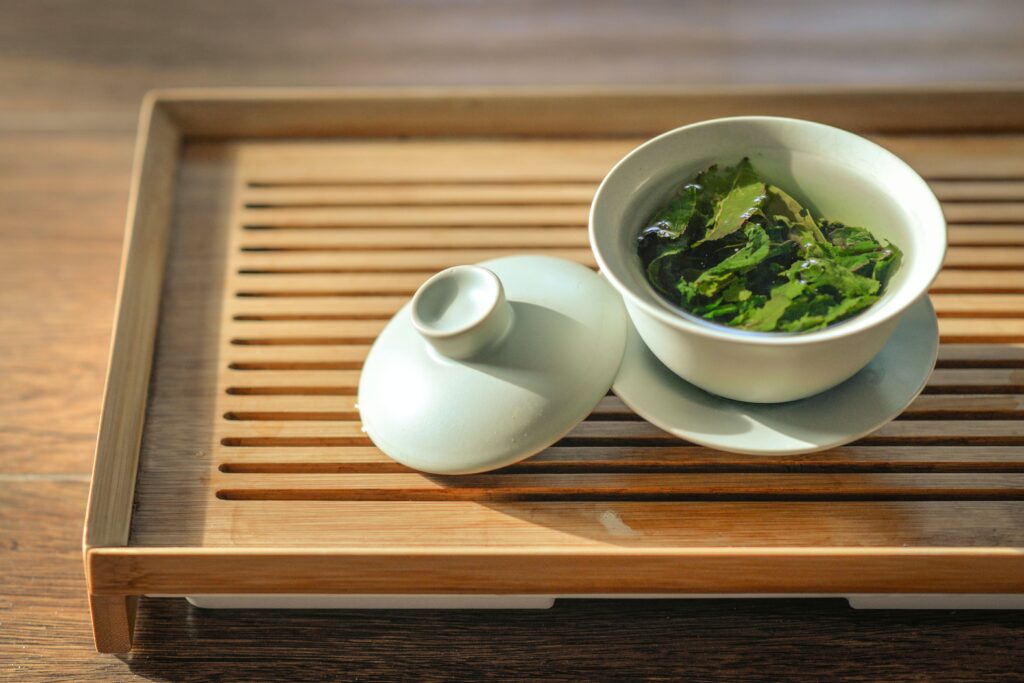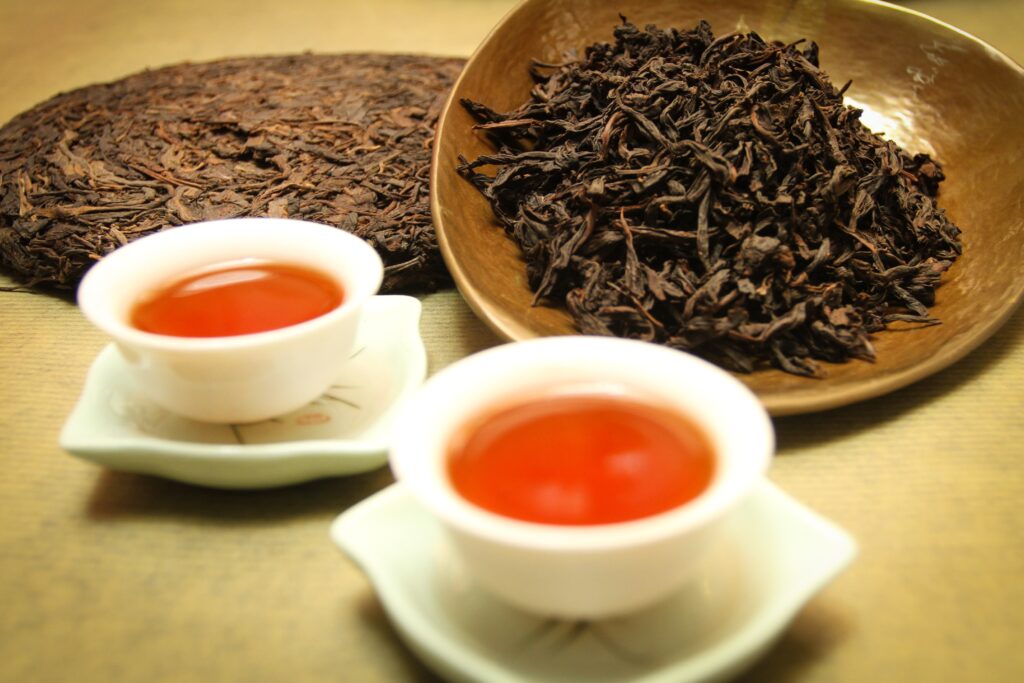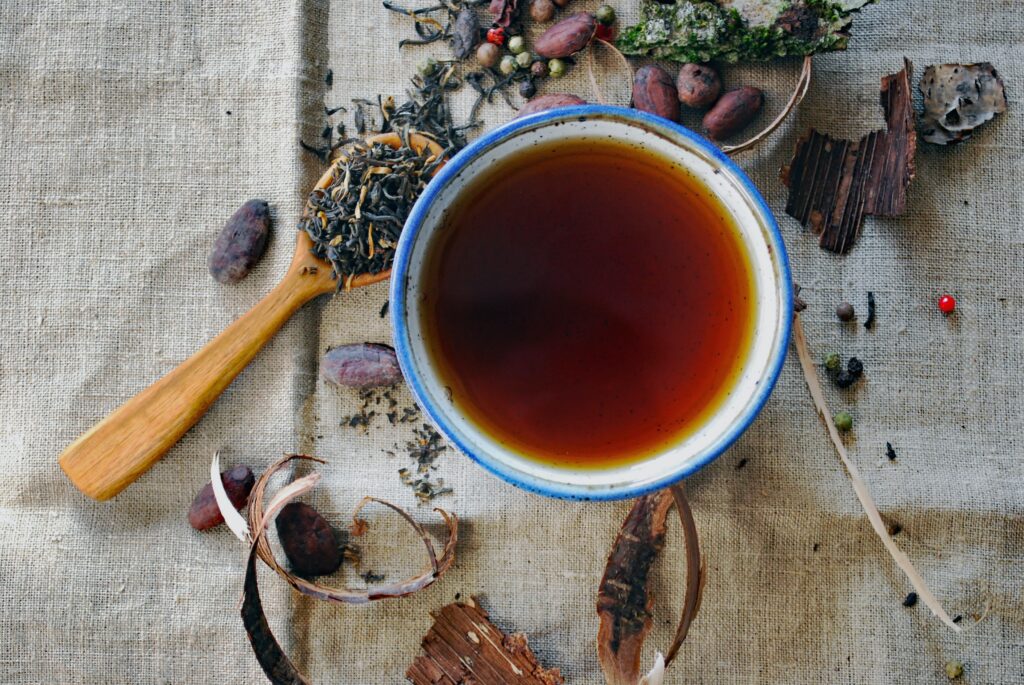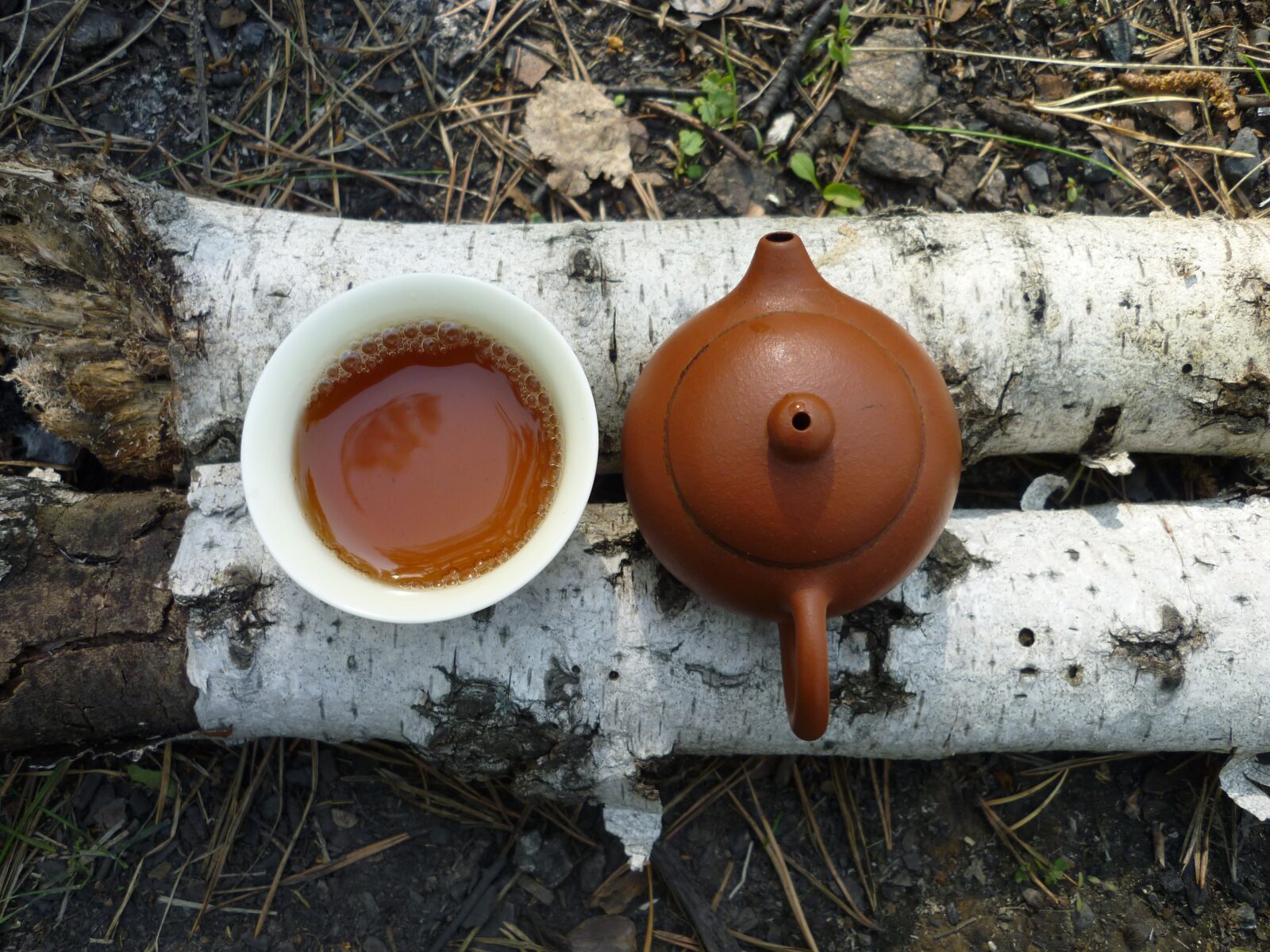Teas Offer Strategies for Strengthening Immunity
Across most of 2020 COVID killed people, shuttered businesses, kept families apart and mangled economies worldwide. It also educated many about viruses: what they are, how they spread and what people can do to protect themselves and everybody around them.
One topic of keen interest has been immunity. A Google Trends search reveals that the word’s popularity during the past five years briefly spiked now and again. But on March 1 of this year people began searching the word in earnest. Ever since, web searches for immunity have been persistent and voluminous.
Immunity has always figured into our work as tea importers and shop owners. Studies have shown that tea in general strengthens health. But some teas are especially potent immunity boosters. We make sure to carry them.
As COVID now spikes with renewed intensity, it coincides with a sugar- and alcohol-fueled season that every year mitigates immunity strength. Now more than at any time during this horrific pandemic, we need to take steps to nourish immunity.
Exercise, fresh air, and vitamins C and D are widely believed to help with immunity.
And then, of course, there is tea.
Let’s do what we can to buttress our health, including sipping different immunity building teas.
Immunity Teas: Ku Chas Guide to Sipping for Strength

Green Tea for Immunity
A 2011 study by researchers at Oregon State University found that one of green tea’s beneficial compounds increases the number of regulatory T cells that influence immunity robustness. “This,” the authors write, “may be one of the underlying mechanisms for the health benefits of green tea.”
In addition, tea offers powerful antiviral properties, some of which may diminish infection rates.
An amino acid called L-Theanine floods green tea, which works out well for our immune systems. The compound increases production of a white blood cell called gamma-delta-T lymphocyte ii. This compound fights pathogens that attack the body, such as viruses.
Our carefully curated green tea selection is expansive, offering wide variety in flavors and styles. One thing they all have in common: excellence.
Our Young Spring green tea is a great place to start. Comprised of delicate new tea leaves that emerge in the spring, if offers classic vegetal and nutty flavors. It also is quite affordable, making this an excellent every day tea.
Another pleasing option: matcha. This famous Japanese green tea is finely ground into a powder and widely used in things like lattes, smoothies and baking as well as tea. In terms of health, it has higher concentrations of antioxidants, minerals and vitamins than other green teas.
Finally, the our Er Mei Snow Bud tea stands as an exceptional example of premium, artisan green tea. The tea, grown on Mt. Er Mei, a famous Buddhist site in Sichuan, China, won a gold prize in 20016 at the Chinese National Tea Expo. The tea offers a misty fragrance and buttery mouth-feel, with a subtle, lingering sweetness.

Pu-erh for Immunity
Only one style of tea, pu-erh, undergoes fermentation. And that step may stand behind pu-erhs status as an immunity boosting powerhouse.
Researchers have published more than 130 studies about pu-erh’s immune-strengthening properties. A 2012 study in the journal Food Chemistry, for example, summarized its research by saying the data suggested that pu-erh tea helps restore immune deficiency and decreases pro-inflammatory properties in the body.
From the study: “Thus, long-term drinking of pu-erh tea may be beneficial for the aged population in terms of increasing the body’s resistance to infection and cancer.”
People across the country drink the tea because they love its earthy, pronounced flavors. But they also turn to pu-erh for its health properties. In fact, in China pu-erh is considered the country’s “secret weapon” against disease and ill-health.
Many pu-erhs, all of which are crafted in China’s Yunnan Province, are compressed into cakes, and aged for years — even decades. Over time, pu-erhs, like fine wines, gain flavor and aromatic complexity as they age. But tea artisans also sell pu-erh as loose-leaf tea, as well as in shapes other than circular cakes.
Ku Cha’s Pu-Erh Recommendations
We blended one of our pu-erhs, CHA Awake, to honor our partnership with the Center for Humanities and the Arts at the University of Colorado. This excellent and affordable tea leans on ripe pu-erh for its foundation, but also incorporates premium black tea, for an extra caffeine enhancement.
For a particularly exceptional pu-erh experience we offer a range of tantalizing option, including our Gao Shan Yin Xiang. The name means “high mountain impression,”, reflecting where it is grown on Nan Nuo Shan, one of Yunnan’s six famous tea mountains. This pu-erh comes from a single farmer’s tea garden in Stone Village. The trees from which it was harvested are more than 100 years old. Pu-erh artisans then stone-pressed it in the traditional manner. The tea offers an intensely floral nose, a rich buttery palate and finishes with a firm but pleasing kuwei, or good bitterness.

Herbal Teas for Immunity
The immunity enhancing properties of tea made from Camellia sinensis, the shrub that gives us the leaves and buds we brew into tea, may come as a surprise to some. The health benefits are widely understood in China and other Asian countries, but the news has not yet reached saturation levels in the United States.
But herbal tea is another matter. Many people in the US and around the world turn to herbs for myriad health conditions: chamomile for insomnia, lavender for nervousness, St. John’s Wort for depression and so on.
Count immunity among the health properties that gets an assist from herbs.
Ku Cha’s Herbal Recommendations
We are so enthusiastic about the places where herbs and immunity intersect that we even crafted a bespoke tea, called ImmuniTea.
Leaves from the South African bush rooibos anchor ImmuniTea. Among other things rooibos adds electrolytes into the body, which are essential for fluid balance and heart health. Although rooibos does not contain caffeine, people turn to it for energy. The blend incorporates marshmallow (the root, not the sweet treats), which reduces inflammation, soothes muscle pain and serves as a detox tonic for the kidneys. The tea’s echinacea reduces free radicals in the body, which damage cells, protein and DNA; and its ginkgo leaf boosts blood circulation and improves heart health. Ginkgo is regarded as a “youthful” herb, due to its health-promoting compounds.
Immortal Tea relies on adaptogens
Finally, in addition to several other herbal teas and our blend-your-own tea platform, we love to champion our Immortal Tea.
This delicious tea depends on just three herbs: peppermint, ginseng and jiao gu lan. The peppermint gives the tea extra zip, in terms of flavor. And the ginseng and jiao gu lan, in addition to adding their own unique flavors, come to the aid of overall health, energy and immunity.
Both ginseng and jiao gu lan are adaptogens, which are plants that help the body cope with physical, chemical and biological stressors. Chinese and Ayurvedic medicine practitioners have turned to them for centuries.
Ginseng has become fairly well known in the West. But jiao gu lan, which is called “the herb of immortality” in China, remains obscure. We think it is time for that to change! Jiao gu lan offers potent antioxidant effects, which helps strengthen immunity.
Numerous studies have looked at links between antioxidants and immunity. A 2011 study in the journal Current Topics in Medicinal Chemistry, for example, found that antioxidants are related to “susceptibility or resistance to infectious pathogens.”
As we continue to cope with COVID, and as we engage in a bit more decadence than normal due to the holidays, don’t forget to drink tea! Your immune system will thank you.

